Introduction to Barbershop Quartet Everard PBS
Barbershop Quartet Everard PBS are more than just a genre of music; they embody a rich tradition of harmony, nostalgia, and camaraderie that connects generations. Among these groups, the “Barbershop Quartet Everard PBS” stands out as a symbol of traditional barbershop music, beloved for its rich sound and dedication to the craft. Known for their seamless harmonies and vintage charm, the Everard Quartet has delighted audiences on PBS, bringing the distinctive sounds of barbershop music to a broader audience. This article explores the legacy of the Barbershop Quartet Everard PBS, examining the unique aspects of their music, their contributions to the genre, and why their art form continues to resonate with people of all ages.
The Origins of Barbershop Music and the Everard Quartet
The Roots of Barbershop Harmony
Barbershop music traces its roots back to the early 20th century when informal gatherings in barbershops, pubs, and street corners allowed vocalists to experiment with harmonies—barbershop music’s unique style—characterized by four-part harmony—developed as these impromptu performances grew popular. Over time, barbershop quartets became a recognized musical genre, celebrated for their close harmonies, catchy melodies, and warm, nostalgic feel.
The Emergence of Everard PBS
“Everard PBS” emerged as a critical figure in this tradition, bringing barbershop harmonies into modern media. The quartet gained popularity by performing classic songs, reimagining them with intricate harmonies, and giving audiences a taste of old-fashioned charm. With their feature on PBS, Everard’s quartet became a household name, showcasing the beauty of barbershop music to seasoned fans and new listeners. The PBS platform allowed them to expand their reach, connecting with a diverse audience who might otherwise have never encountered barbershop music.
The Quartet’s Role in Preserving Barbershop Music
Through PBS, Everard’s quartet became ambassadors for this unique art form, preserving the authentic sound of barbershop harmonies while modernizing their appeal. Their performances often include a repertoire of timeless classics and contemporary songs adapted to the four-part harmony style. In doing so, they keep the essence of barbershop music alive while proving its adaptability and relevance in the modern world.
Understanding the Four-Part Harmony: The Sound of Everard’s Quartet
The Components of Barbershop Harmony
Barbershop music is defined by its four-part harmony, with each voice part playing a specific role. In the Barbershop Quartet Everard PBS, each member brings a unique sound that blends to create a seamless musical experience. The four parts include the Lead, Tenor, Baritone, and Bass. Each of these parts has a distinctive role in developing the harmony:
- The Lead carries the melody.
- The Tenor harmonizes above.
- The Baritone fills in the middle.
- The Bass provides the foundational notes.
This arrangement creates barbershop music’s “ringing” sound, often producing harmonic overtones that resonate with listeners.
Signature Songs and Style of Everard PBS
Everard PBS is known for its selection of songs that highlight the full richness of barbershop harmonies. Classics such as “Sweet Adeline” and “Let Me Call You Sweetheart” are frequently part of their setlists, showcasing the smoothness and warmth of their voices. They often add their twist to these songs, making subtle changes to create a fresh experience while respecting the original compositions. Their ability to connect with audiences through simple, heartfelt performances is a hallmark of their style and an essential aspect of their widespread appeal.
Creating a “Ringing” Chord: The Magic of Barbershop Harmony
One unique aspect of barbershop music, particularly noticeable in Everard’s performances, is the “ringing” chord effect. This phenomenon occurs when the harmonies blend so precisely that a listener perceives extra tones not directly sung by any singer. The Everard quartet achieves this effect through their exceptional skill and vocal control, creating moments that resonate deeply with audiences. This “ringing” effect sets barbershop music apart from other musical styles, making it an enchanting experience for listeners who enjoy the purity of harmonized vocals.
Everard PBS on PBS: Bringing Barbershop to a Modern Audience
The Role of PBS in Popularizing Barbershop Music
PBS has played a pivotal role in popularizing the art of barbershop music. PBS has introduced audiences to diverse music forms, including barbershop quartets, through television specials, documentaries, and concert series. For Everard PBS, this platform was instrumental in reaching new audiences. Their broadcasts on PBS have brought the joy of live barbershop performances into homes, showcasing the energy and vocal skill that define their act.
Creating an Inclusive, Intergenerational Appeal
One reason the Barbershop Quartet Everard PBS resonates so well with audiences is its ability to appeal to people of all ages. While their style evokes a sense of nostalgia for older listeners, it also appeals to younger generations who appreciate vocal harmony and the unique performance style of barbershops. Their PBS performances often include educational segments that explain the history of barbershop music, allowing new audiences to understand and appreciate the context behind the harmonies. In this way, Everard’s performances serve as entertainment and a preservation effort for the art form.
Expanding the Repertoire: Mixing Classics and Contemporary Hits
Everard PBS has kept barbershop music fresh and exciting by expanding its repertoire to include contemporary hits alongside traditional tunes. Adapting modern songs into barbershop arrangements shows that this genre is versatile and capable of evolving. These renditions demonstrate that barbershop music isn’t just a relic of the past but a dynamic art form with a place in today’s musical landscape.
The Impact of Barbershop Quartet Everard PBS: Inspiring a New Generation of Singers
Encouraging the Formation of New Quartets
The popularity of Everard PBS has inspired many to explore the world of barbershop music, leading to a revival of interest in barbershop quartets. Many fans, inspired by their PBS performances, have started or joined barbershop groups, embracing the joy of singing in harmony with friends and community members. This has led to a broader appreciation of the art form and has fostered a new generation of singers dedicated to carrying on the barbershop tradition.
Educational Programs and Community Involvement
In addition to their performances, Everard PBS is also involved in community outreach and education. They often collaborate with schools and music organizations to introduce barbershop music to young people. Through workshops, classes, and live demonstrations, they help students develop an appreciation for harmony, vocal control, and teamwork. Their dedication to education ensures that the art of barbershop singing will continue to thrive in future generations.
The Legacy of Everard PBS: A Lasting Influence on the Genre
The legacy of the Barbershop Quartet Everard PBS extends far beyond their television appearances. Their commitment to excellence and passion for the genre have cemented their place in the history of barbershop music. They have entertained audiences, influenced countless aspiring singers, and contributed to the preservation and evolution of barbershop music.
Frequently Asked Questions
What is unique about the Barbershop Quartet Everard PBS?
The Everard quartet is known for its mastery of barbershop harmonies and exceptional ability to create a “ringing” chord effect. Its performances on PBS have brought traditional barbershop music to a new and diverse audience, contributing to a revival of interest in this art form.
Can barbershop music appeal to younger audiences?
Absolutely. The Everard quartet has expanded their repertoire to include both classic barbershop songs and modern adaptations, demonstrating that barbershop music can resonate with listeners of all ages.
How did Everard PBS get started on PBS?
Their talent and dedication to barbershop harmonies caught the attention of PBS, leading to a partnership that allowed them to perform on television and reach a larger audience. Their PBS performances have helped popularize barbershop music and introduced it to new fans.
Does Everard PBS offer educational workshops?
Yes, they are involved in community outreach and educational programs, often collaborating with schools and music organizations to teach barbershop music to young people. They hold workshops and classes emphasizing harmony, teamwork, and vocal skills.
What is the significance of the “ringing” chord in barbershop music?
The “ringing” chord is a unique phenomenon in barbershop harmony, where the perfectly aligned voices create extra tones that resonate deeply with listeners. Everard PBS has mastered this technique, adding a distinctive quality to their performances.
How can someone get involved in barbershop singing?
Many local music organizations and barbershop societies offer opportunities to join barbershop quartets. Watching groups like Everard PBS can inspire newcomers to join the community and explore this unique form of vocal harmony.
Conclusion
The “Barbershop Quartet Everard PBS” has left an indelible mark on barbershop music, inspiring audiences and aspiring singers alike with their commitment to harmony, tradition, and musical excellence. Their PBS performances have brought barbershop music to the forefront, demonstrating its timeless appeal and ability to connect generations. Whether you are a lifelong fan or new to the barbershop world, Everard PBS offers a delightful experience that reminds us of the power of harmonized voices. Their legacy will undoubtedly continue to influence and inspire the world of barbershop music for years to come.

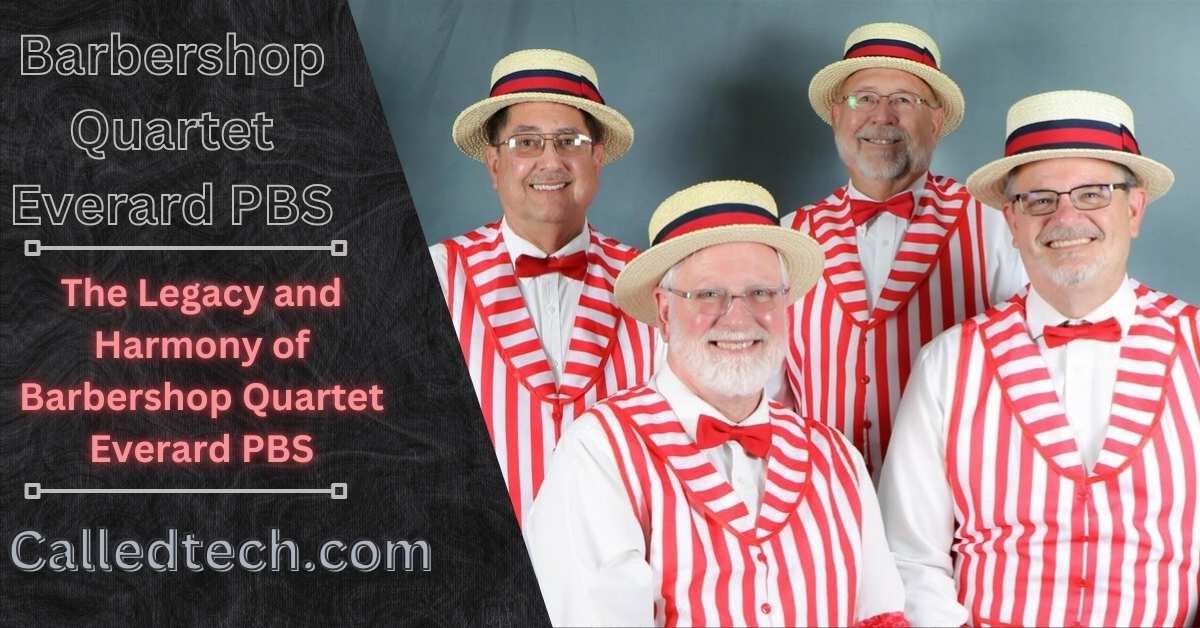
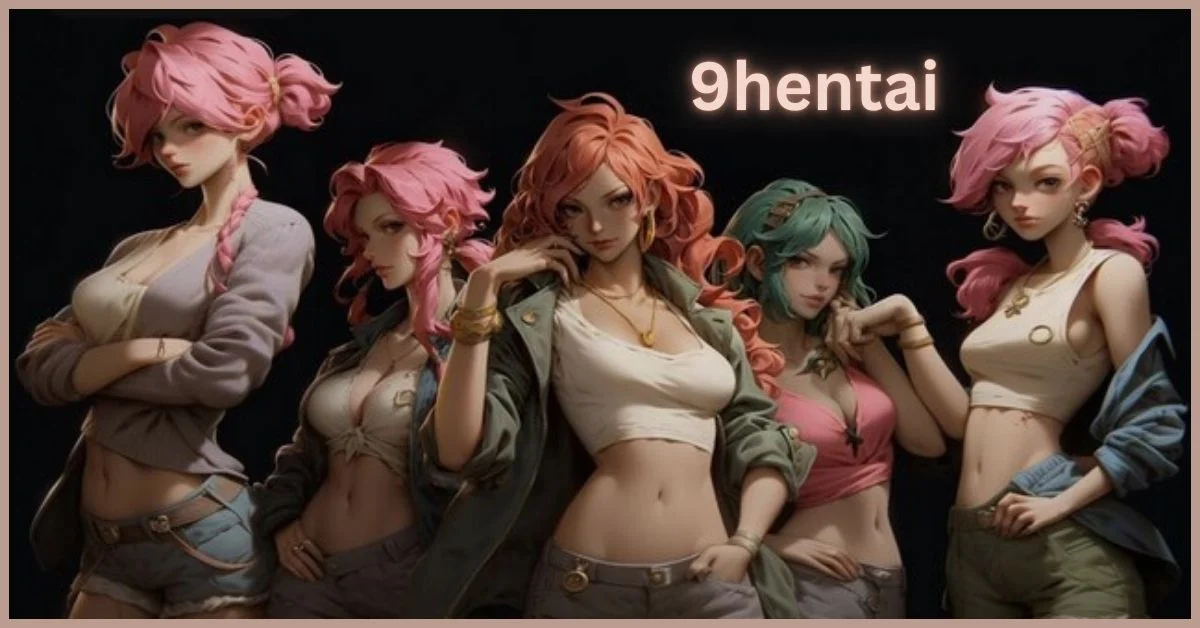

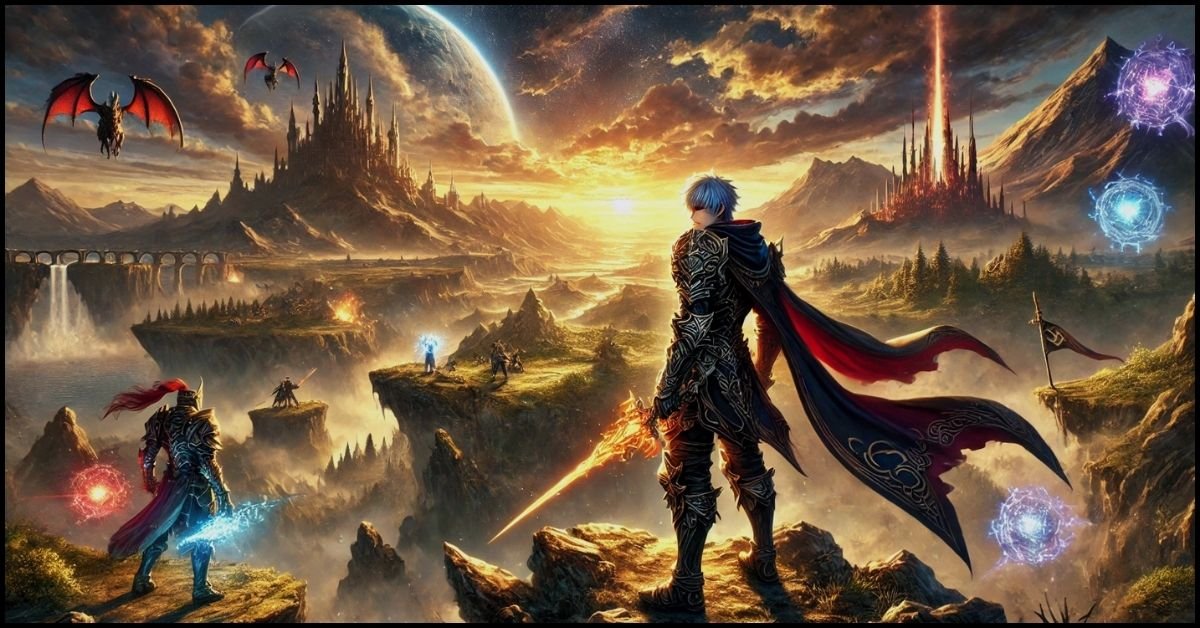
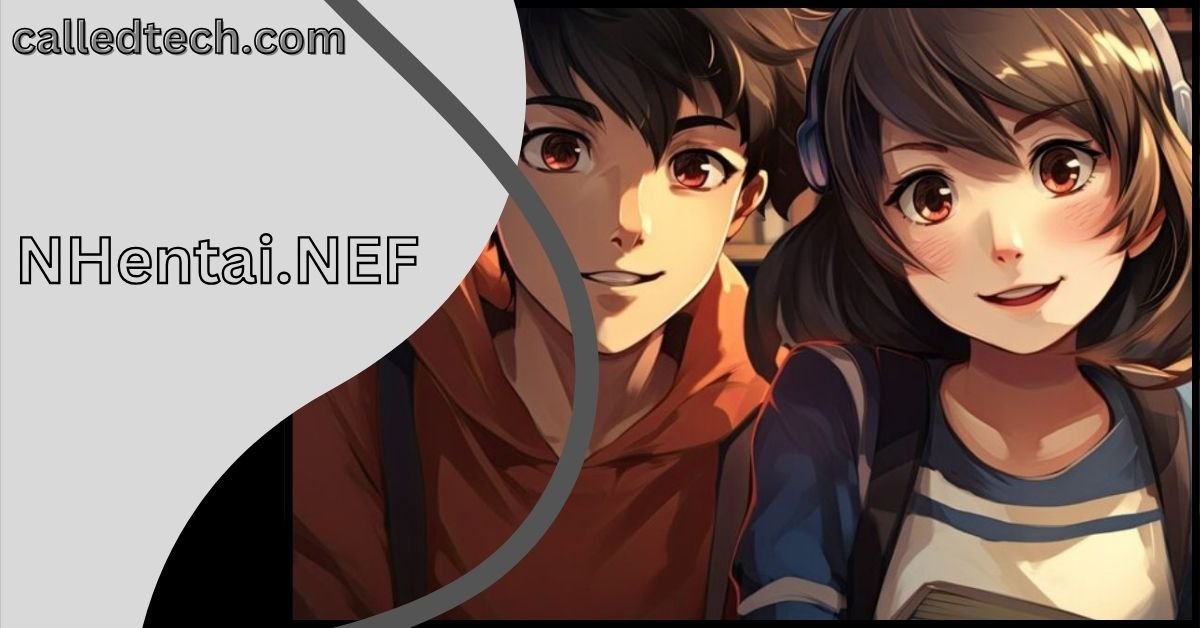


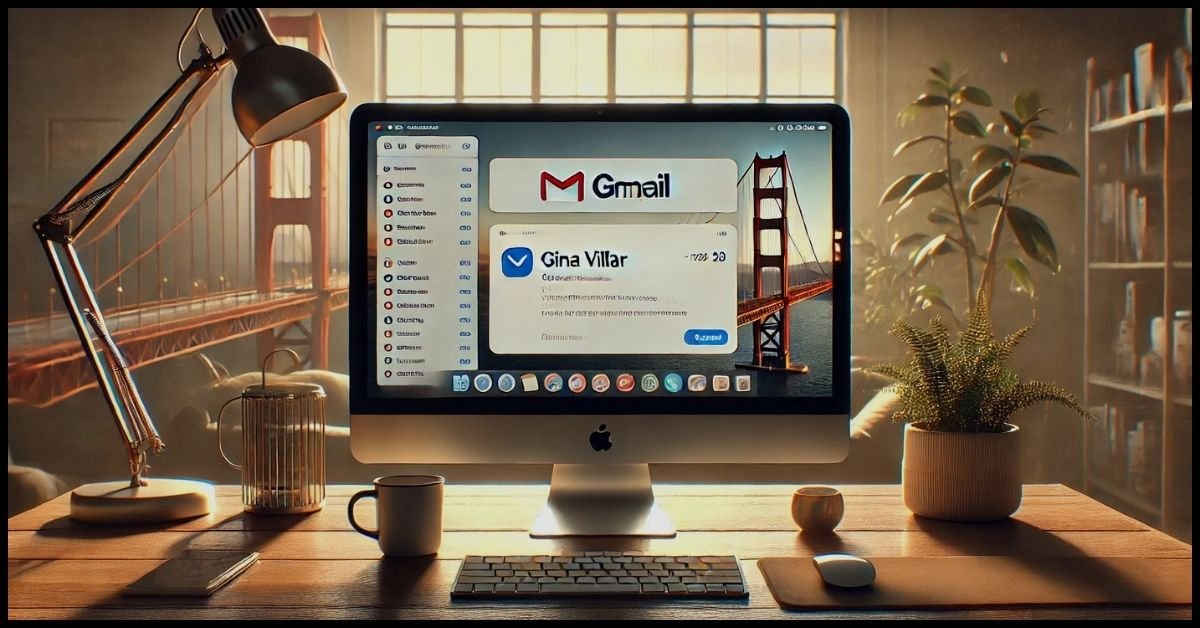


Leave a Reply